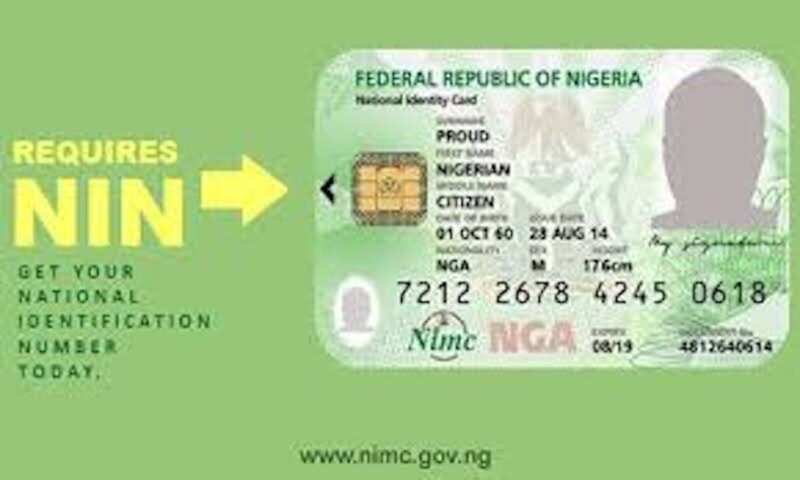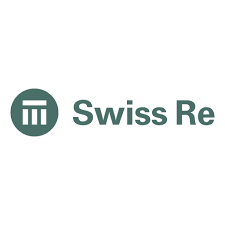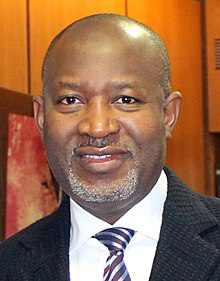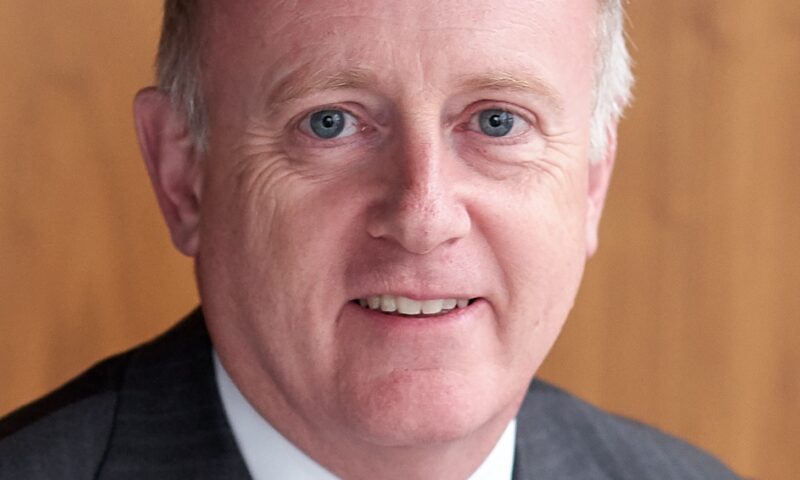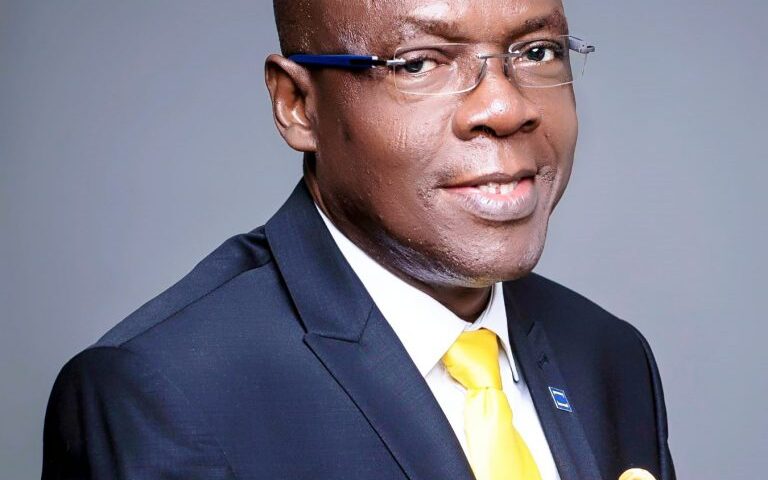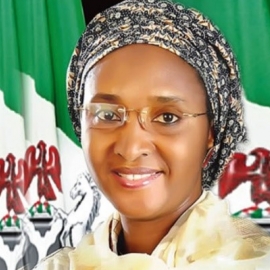By Favour Nnabugwu
The federal government has set December 2021 to complete the dualisation of the Abuja-Abaji-Lokoja highways projects, after firfteen years the project was awarded.
The Director of Highway, Construction and Rehabilitation, Ministry of Works and Housing, Engr. Funso Adebiyi, stated this during the inspection tour of the section one of the project (Zuba-Gbwagbwalada-Sheda axis) assured the road projects have attained various stages of completion.
Engr. Adebiyi also pledged the commitment of the Federal Government to reduce accidents on Abuja-Abaji-Lokoja road if completed.
He stated that the project would be completed at the end of the 2nd quarter of the year, saying that overloading is one of the major challenges affecting the durability of the federal roads.
According to him, “This road links south west, south east, south south to Abuja. We want to make sure that the number of accidents on this road are reduced to the bearest minimum. The quality of the work has been engaging, the pace is too slow.
“The general public should bear with us , they should maintain lane discipline, drive carefully , this diversion we did if everybody drives carefully and don’t overtake anyhow, there would be no traffic gridloc”.
“Everybody is in a hurry and this causes traffic problem, in the completed sections, I discovered that road users are generally impatient, they over speed a lot. When you see people drive on those sections, you will think they are going to heaven, they will be driving at about 160, 170 kilometres per hour, to where and why are they over speeding?
“The resultant effect of over speeding are colossal, as I am talking to you, two of our bridges have been destroyed and we have to repair those bridges again at our own cost.
“Again, over loading is another challenge. We are working on weigh bridges as soon as we complete the roads, some facilities will be there, toll plazas will be there, weigh bridges will be there.
“All these things are going to be put there. Infact, we have one already but our people need to be displined. When you drive, maintain lane discilpline, regulate your speed there is no point over speeding over speeding to where?
“Why are we risking our lives like this and for every time there is a fire outbreak maybe a truck hit another, it explodes into fire, all these destroy our pavement. And you will come back again and accuse us that our pavement does not last, you won’t know that you are the one spoiling it.
“The trucks again park indiscriminately and they turn our roads to their workshop, we are begging them to maintain lane discipline, don’t drink while you drive, don’t drive while you drink; drive carefully and maintain regular speed”, Adebiyi said.
Recall the Contracts for the dualisation of the total 196 kilometres Abuja-Lokoja road was awarded in four sections under the administration of former President Olusegun Obasanjo in 2006 with a completion timeline of 30 months.
The four sections of the projects include, the Abuja-Lokoja Section 1, Juba to Sheda, 42 kilometres awarded to Dantata & Sawoe, Section II covers Sheda to Abaji, 57 kilometres awarded to RCC Construction Company Limited, Section three covers Abaji to Kotonkarfe awarded to Bulletine Construction Limited and section four which covers Kotonkarfe to Lokoja awarded to Gitto Construction Limited.
The contracts which was awarded to four contactors to in the total sum of N42.3 billion has gone through various contracts’ variation with each succeeding minister at the Ministry of Works and Housing effecting one amendment or the other.
For example, the initial of Section 1 was N11.2 billion, section 2, N9.6 billion, section three at cost of N9.6 billion as well as section four which, which gulped N11.9 billion, respectively. But the cost has witnessed several upward review over the time.
The 196 kilometres of the Abuja-Abaji-Lokoja Federal Highway is one of the roads that play a very important role in the life of the nation in terms of movement of goods, human beings and other necessities through vehicular transportation.
The road is also very significant to the survival of the nation because it boast economic activities in the country. Apart from the economic activities, the road also serves at the link between the Southern and the Northern parts of the country.
It linked the entire southern Nigeria to the seat of the power-Federal Capital Territory (FCT) and to the rest of the Northern states and became one of the busiest roads in Nigeria today.
ENDS.

